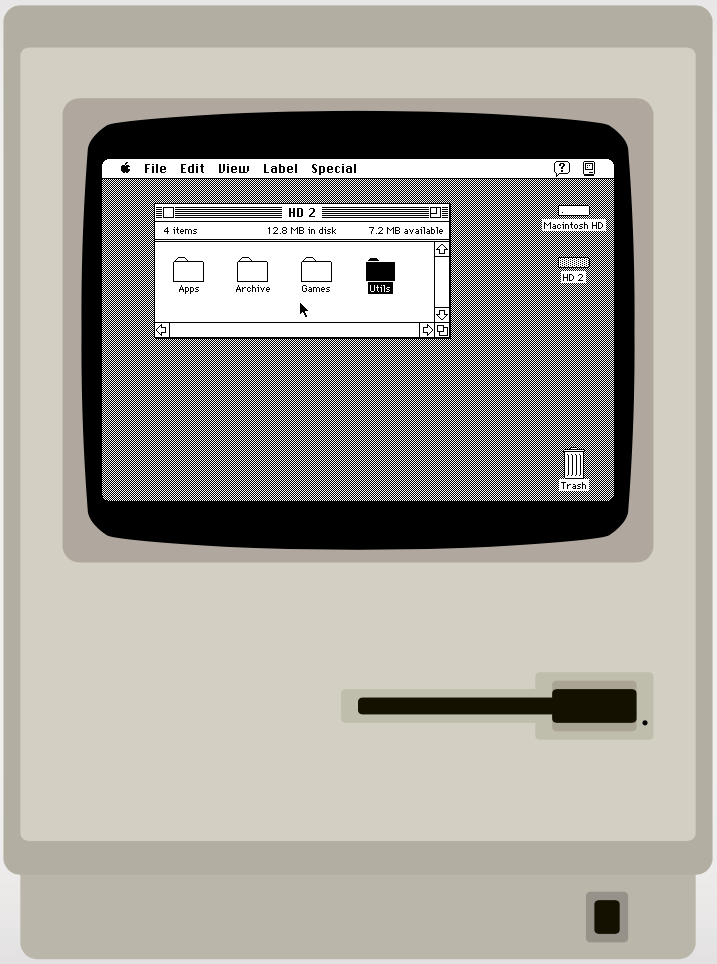
Of course, this won't crash the system, but sooner or later the app will raise an OutOfMemory exception. Nevertheless, point #2 (memory exhaustion because of a leak) is quite real. Moreover, after the app is closed, GC entirely frees the memory occupied by the app. Garbage Collector (GC) fully controls memory release and removes all objects that cannot be accessed by the code. What is a memory leak?Īccording to the most popular definition, a memory leak is a result of incorrect memory management when "an object is stored in memory but cannot be accessed by the running code." In addition, "memory leaks add up over time, and if they are not cleaned up, the system eventually runs out of memory."Īctually, if we'll strictly follow the definition above, "classic" memory leaks are not possible in. But before moving on, let's agree on what a memory leak is. In this tutorial, we'll see how you can use dotMemory to locate and fix memory leaks in your apps.
+F+1200x630.jpg)
It is only about giving you a feel of one of the possible workflows. To efficiently use MSan, compile your program with -fsanitize=memory -fPIE -pie -fno-omit-frame-pointer -g, add -fno-optimize-sibling-calls and -O1 or later.Disclaimer: This tutorial should not be treated as a universal guideline for locating and fixing memory leaks. Pass the -fsanitize-memory-track-origins flag to enable this functionality. MSan can track back the origins of an uninitialized value to where it was created and report this information. MSan is only available in Clang for Linux x86_64 targets. MSan is also capable of tracking uninitialized bits in a bitfield. This Sanitizer finds the cases when stack- or heap-allocated memory is read before it is written. MemorySanitizer (MSan) is a detector of uninitialized memory reads. To make a program exit due to UBSan's diagnostics, use the -fno-sanitize-recover option.
Check for memory leaks mac code#
If you compile this code with the -fsanitize=undefined flag (alternatively, use -fsanitize=shift) and launch, the program will finish successfully despite of the UBSan warning: You can turn the checks on one by one, or use flags for check groups -fsanitize=undefined, -fsanitize=integer, and -fsanitize=nullability.Ĭode below illustrates the situation of an undefined result of a shift operation:
Check for memory leaks mac full#
UBSan catches various kinds of undefined behavior, see the full list at. UndefinedBehaviorSanitizer (UBSan) is a runtime checker for undefined behavior, which is a result of any operation with unspecified semantics, such as dividing by zero, null pointer dereference, or usage of an uninitialized non-static variable.

When you run this program compiled with -fsanitize=thread -fPIE -pie -g, TSan prints a report of a data race (refer to ThreadSanitizerReportFormat for details of the output format): UndefinedBehaviourSanitizer

The following code leads to a memory leak due to no-deleting of a heap-allocated object: To run LSan only (and avoid the ASan's slowdown), use -fsanitize=leak instead of -fsanitize=address.

To run ASan-instrumented program without leak detection, set detect_leaks=0. To enable LeakSanitizer as a part of AddressSanitizer, pass detect_leaks=1 to the ASAN_OPTIONS variable. Learn more about LSan: Design Document, LSan in Clang. However, LSan is also integrated into AddressSanitizer, so you can combine them to get both memory errors and leak detection. In a stand-alone mode, this Sanitizer is a run-time tool that does not require compiler instrumentation. LeakSanitizer (LSan) is a memory leak detector. Set(CMAKE_CXX_FLAGS "$/Microsoft Visual Studio/2019/Professional/VC/Tools/Llvm/圆4/lib/clang/10.0.0/lib/windows into the cmake-build-release folder.


 0 kommentar(er)
0 kommentar(er)
